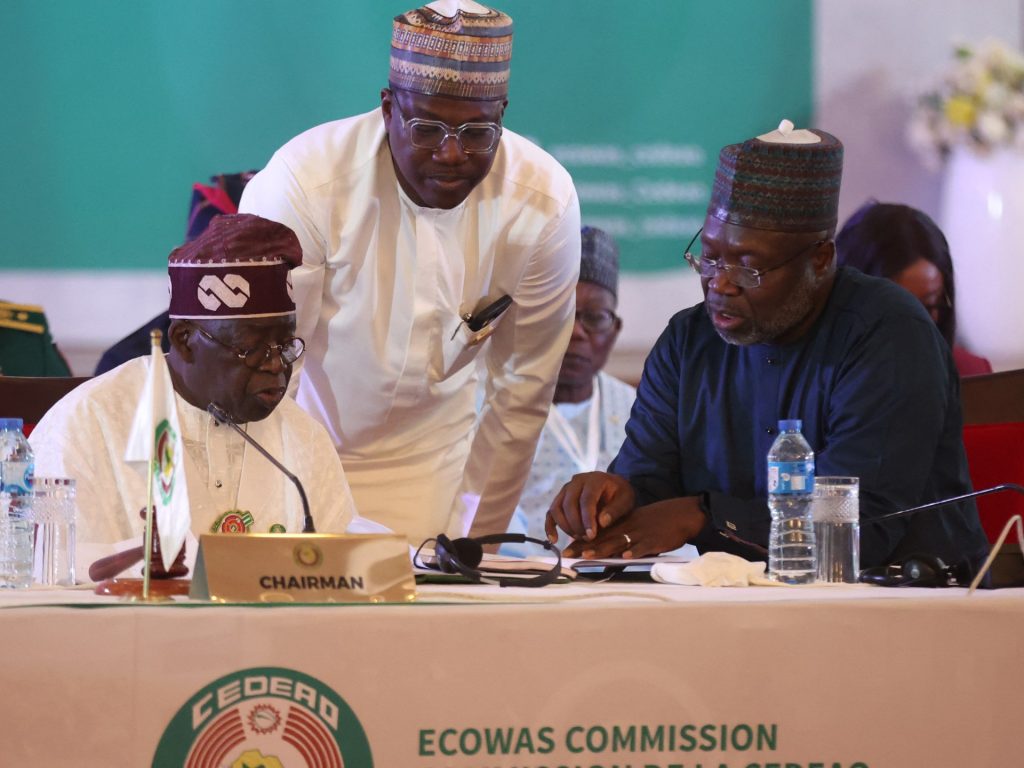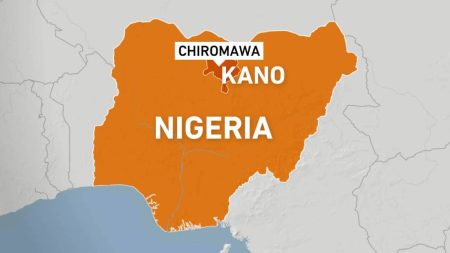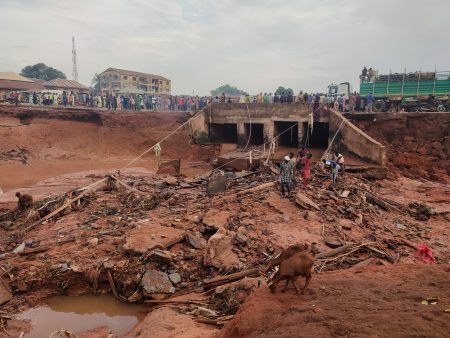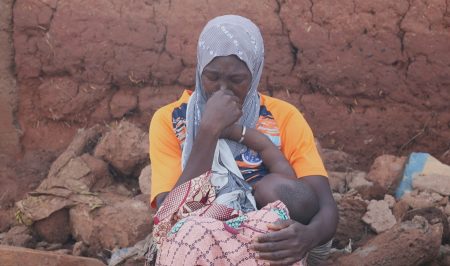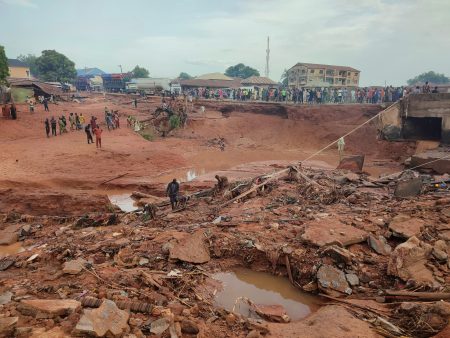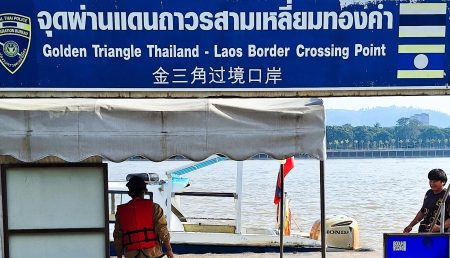The Economic Community of West African States (ECOWAS) is grappling with the impending departure of three member states: Burkina Faso, Mali, and Niger. These nations, situated in the volatile Sahel region, announced their intention to leave the bloc a year ago and have now set January 29th as their official withdrawal date. However, ECOWAS, determined to retain these members, has implemented a six-month grace period, extending the effective departure date to July 29th. This strategic maneuver aims to provide a window of opportunity for dialogue and negotiation, hoping to persuade the three countries to reconsider their decision. The situation is further complicated by the formation of a new alliance, the Alliance of Sahel States (AES), comprised solely of the exiting nations, signaling a potential shift in regional dynamics and alliances.
The Sahel region, plagued by escalating insurgency and a series of coups since 2020, has witnessed a dramatic political transformation. Military regimes have ascended to power in Burkina Faso, Mali, and Niger, fostering closer ties with Russia while distancing themselves from their former colonial power, France, and other traditional allies. This geopolitical realignment has created tension within ECOWAS, as the bloc strives to maintain regional stability and cooperation amidst shifting allegiances and growing security concerns. The exit of these three countries represents a significant blow to ECOWAS, potentially undermining its influence and raising questions about its future cohesion.
ECOWAS views the six-month grace period as a crucial opportunity to re-engage with Burkina Faso, Mali, and Niger, emphasizing the benefits of remaining within the bloc. The organization hopes to highlight the economic and security advantages of continued membership, emphasizing the importance of regional solidarity in addressing shared challenges such as terrorism, poverty, and climate change. Furthermore, ECOWAS recognizes the potential disruption to regional trade and free movement that the departure of these nations could cause, impacting the lives of over 400 million people within the community. The bloc intends to leverage these factors in its persuasive efforts, hoping to demonstrate the value of continued participation in the regional organization.
The three exiting nations have attempted to allay some of the concerns regarding regional integration by assuring ECOWAS that their territories will remain visa-free for all ECOWAS citizens, even after their formal withdrawal. This commitment aims to maintain the free flow of people and goods across borders, mitigating the potential economic and social ramifications of their departure. However, the long-term impact on trade and economic cooperation remains uncertain, and ECOWAS is keen to address these issues during the transition period. While this gesture is seen as a positive step, it does not address the broader concerns surrounding security cooperation and political stability, which are integral to the ECOWAS mandate.
Mediation efforts, led by Senegalese President Bassirou Diomaye Faye, have been ongoing since July. President Faye, acting as a neutral intermediary, has been engaging with both ECOWAS and the departing nations, seeking common ground and exploring avenues for reconciliation. He has reported progress in the talks, expressing optimism about the possibility of maintaining constructive relations between the exiting countries and the remaining members of ECOWAS, even in the event of their departure. The focus remains on fostering dialogue and cooperation, particularly in addressing the pressing security challenges posed by the growing presence of al-Qaeda and ISIS in the region.
The summit held in Abuja, Nigeria, served as a platform for these complex negotiations, bringing together key stakeholders to address the impending departure of the three Sahel nations. The decision to implement a six-month grace period reflects the gravity of the situation and the determination of ECOWAS to explore all available options to retain its members. The success of these efforts will depend on the willingness of all parties to engage in constructive dialogue and compromise, seeking solutions that address the core concerns of both the exiting countries and the broader ECOWAS community. The future of regional stability and cooperation hangs in the balance, as the Sahel region navigates a period of significant political and security challenges.




